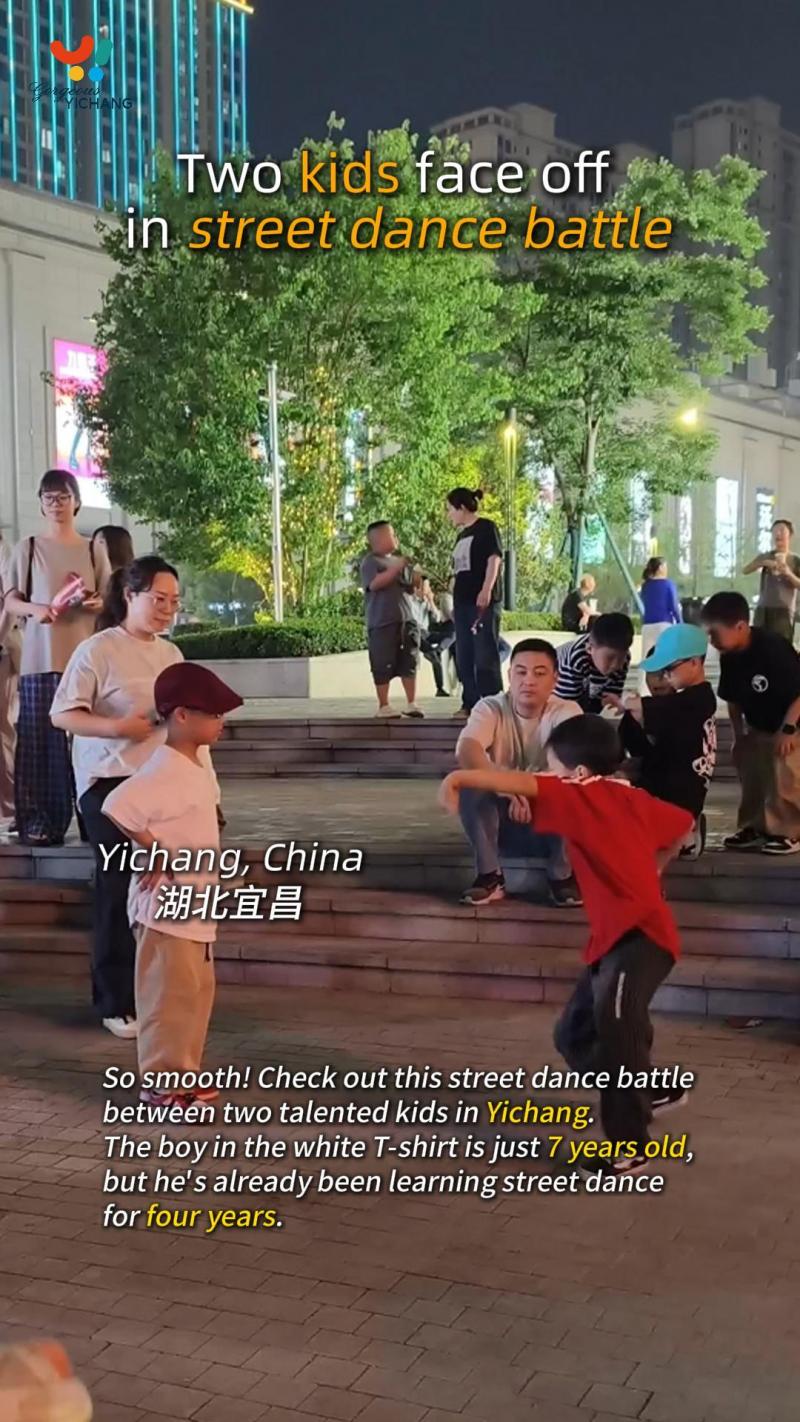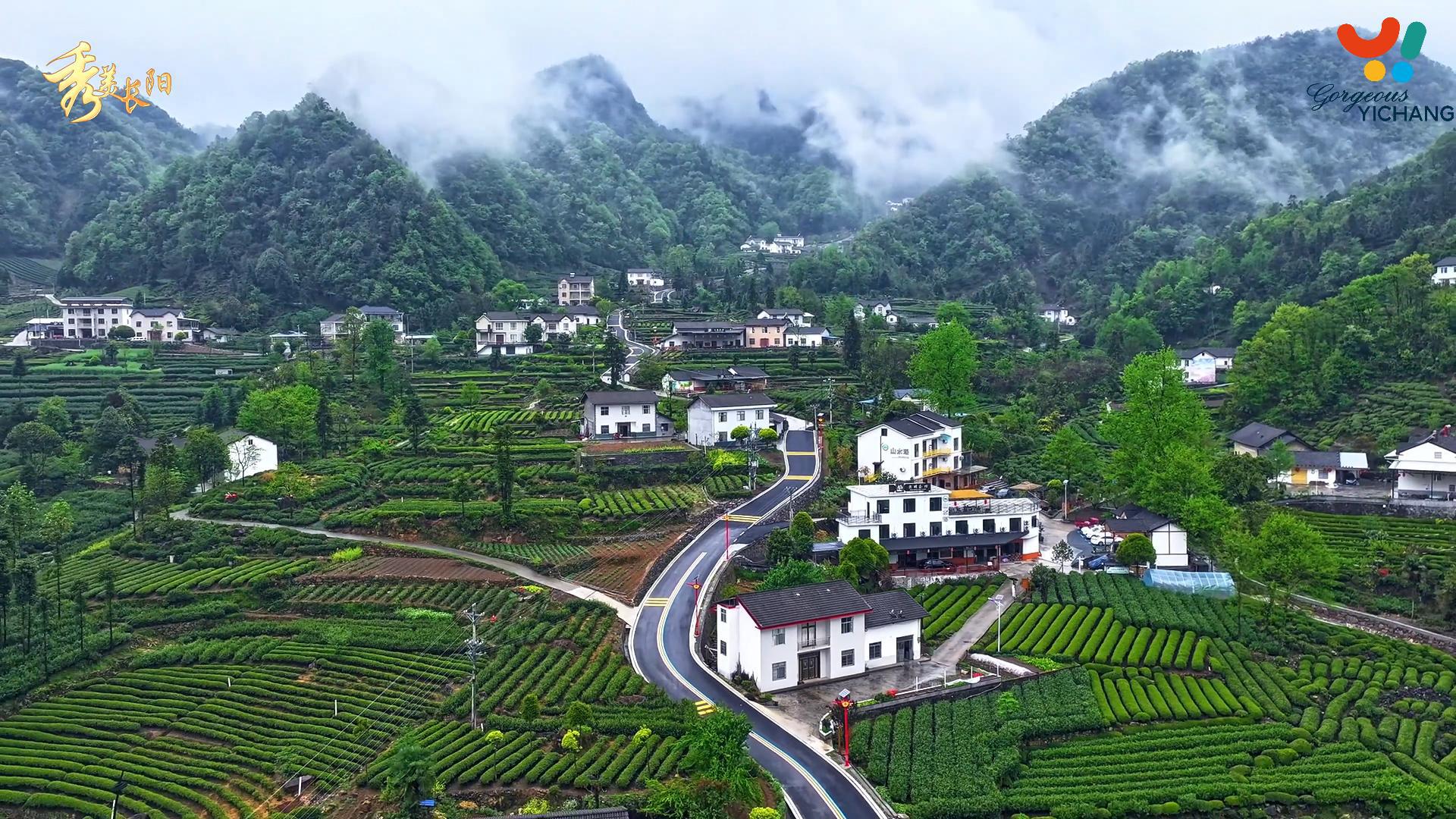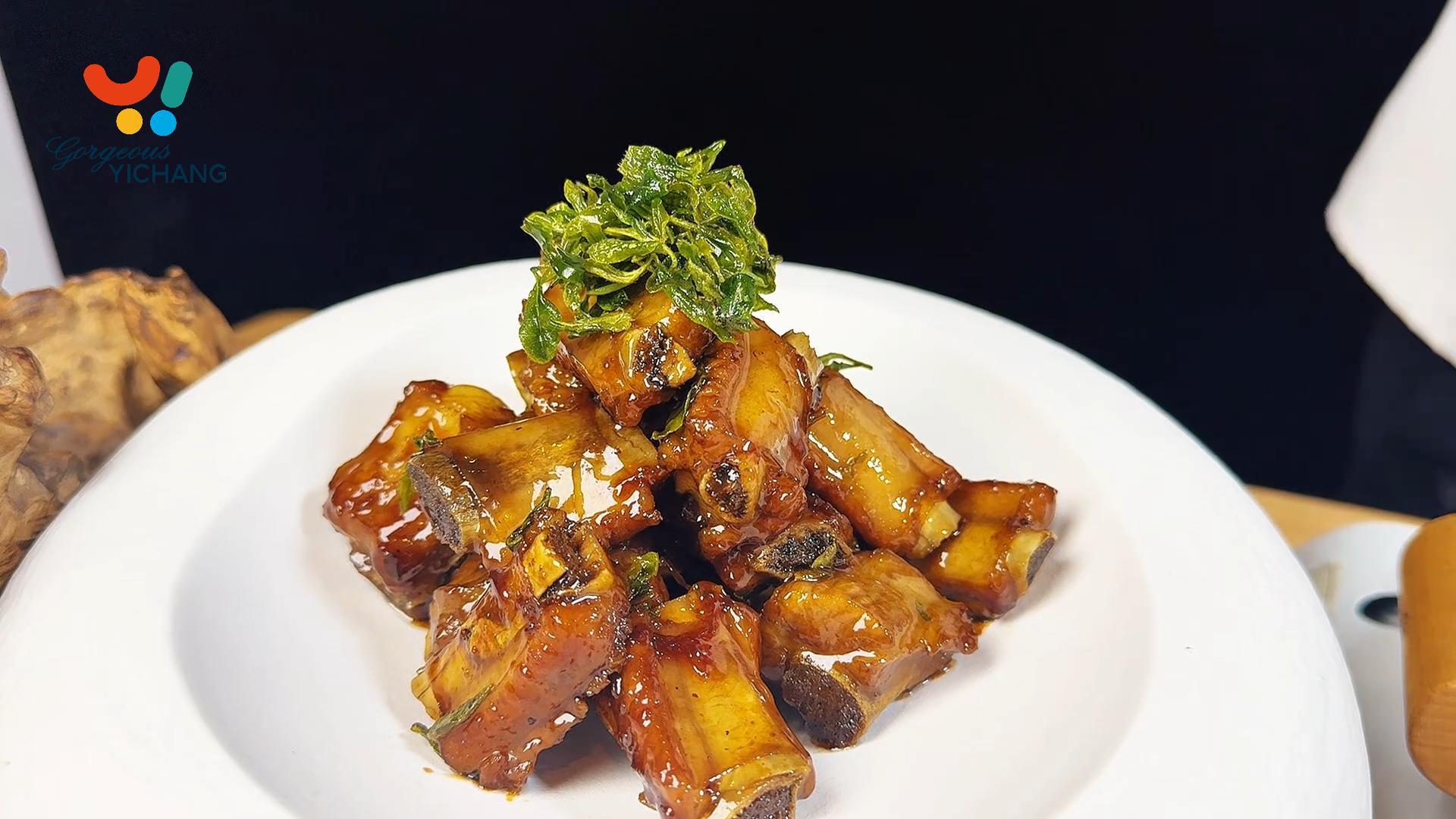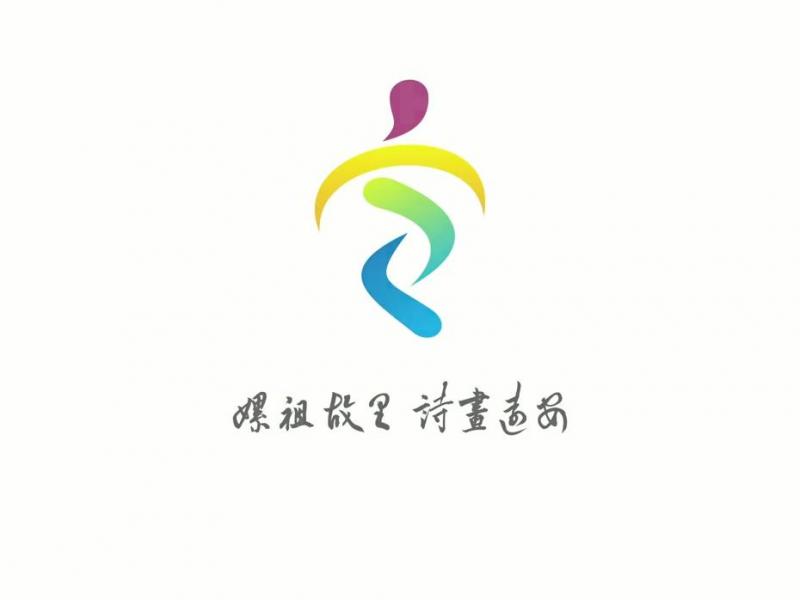Village weaves itself a silk industry
2023-07-09 18:07:00
By Tan Maolin, Yichang International Communication Studio
More than half the villagers in Yichang’s Heye Village are engaged in silkworm farming. With 1,000 mu (66.67 hectares) of mulberry plantation, the village’s mulberry silk industry has an annual output value of more than 600,000 yuan (US$83,000).
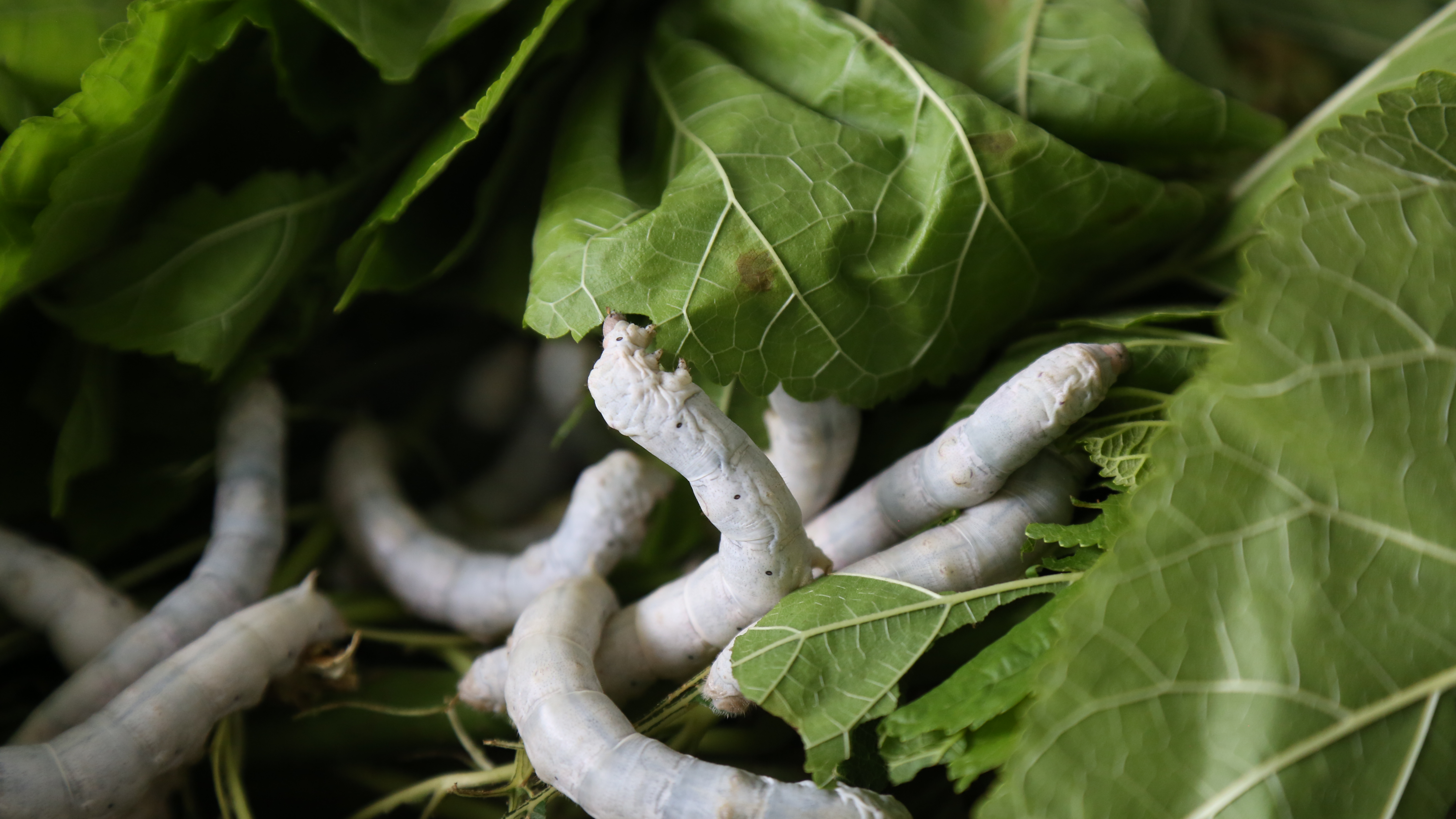
The silk industry in China traces itself back to Leizu (嫘祖), a legendary figure credited with the discovery of silk and the invention of the silk loom. Leizu, who was from Yuan’an in the west of Hubei province, was the wife of the Yellow Emperor. According to tradition, she discovered silkworms one day while having afternoon tea, when a cocoon fell in her tea. It slowly unraveled and she was enchanted by it.
Ever since then, the art of mulberry planting, silkworm breeding, silk reeling and silk weaving has been passed down in the region. In the year 1496, the "Ya Silk" produced in Yuan’an was sent as tribute to the royal court. During the Qing Dynasty (1644-1912 AD), it was exported from Shanghai to England, France, India, Pakistan, Burma and other countries.
In Heye Village, Zeng Qingjun is a professional silkworm breeder. The 69-year-old said that the growth cycle of silkworms is usually about a month, but in summer it took only 25 days for the silkworm to form a cocoon. Silkworm moths lay their eggs on silkworm paper, made from pliable and silky cotton paper. Zeng said: “One piece of silkworm paper can produce 35 kg to 40 kg of cocoons. At this year's market purchase price of 48 yuan/kg, that’s more than 1,600 yuan.”
The village's Tianzhili Mulberry Professional Cooperative operates more than 800 mu of mulberry gardens, with an annual cocoon production of more than 60 tonnes. In 2022, the cooperative introduced a complete set of silk quilt processing equipment, with a production capacity of more than 2,000 high-quality silk quilts.
“210 villagers are now engaged in mulberry farming on 1,000 mu of mulberry plantations in Heye Village,” said Li Lei from Leizu Town office, adding that the village is this year targeting 300 pieces of silkworm cocoon paper, worth more than 600,000 yuan.
More than half the villagers in Yichang’s Heye Village are engaged in silkworm farming. With 1,000 mu (66.67 hectares) of mulberry plantation, the village’s mulberry silk industry has an annual output value of more than 600,000 yuan (US$83,000).

The silk industry in China traces itself back to Leizu (嫘祖), a legendary figure credited with the discovery of silk and the invention of the silk loom. Leizu, who was from Yuan’an in the west of Hubei province, was the wife of the Yellow Emperor. According to tradition, she discovered silkworms one day while having afternoon tea, when a cocoon fell in her tea. It slowly unraveled and she was enchanted by it.
Ever since then, the art of mulberry planting, silkworm breeding, silk reeling and silk weaving has been passed down in the region. In the year 1496, the "Ya Silk" produced in Yuan’an was sent as tribute to the royal court. During the Qing Dynasty (1644-1912 AD), it was exported from Shanghai to England, France, India, Pakistan, Burma and other countries.
In Heye Village, Zeng Qingjun is a professional silkworm breeder. The 69-year-old said that the growth cycle of silkworms is usually about a month, but in summer it took only 25 days for the silkworm to form a cocoon. Silkworm moths lay their eggs on silkworm paper, made from pliable and silky cotton paper. Zeng said: “One piece of silkworm paper can produce 35 kg to 40 kg of cocoons. At this year's market purchase price of 48 yuan/kg, that’s more than 1,600 yuan.”
The village's Tianzhili Mulberry Professional Cooperative operates more than 800 mu of mulberry gardens, with an annual cocoon production of more than 60 tonnes. In 2022, the cooperative introduced a complete set of silk quilt processing equipment, with a production capacity of more than 2,000 high-quality silk quilts.
“210 villagers are now engaged in mulberry farming on 1,000 mu of mulberry plantations in Heye Village,” said Li Lei from Leizu Town office, adding that the village is this year targeting 300 pieces of silkworm cocoon paper, worth more than 600,000 yuan.
China News Service’s Hu Chuanlin contributed to this story.

